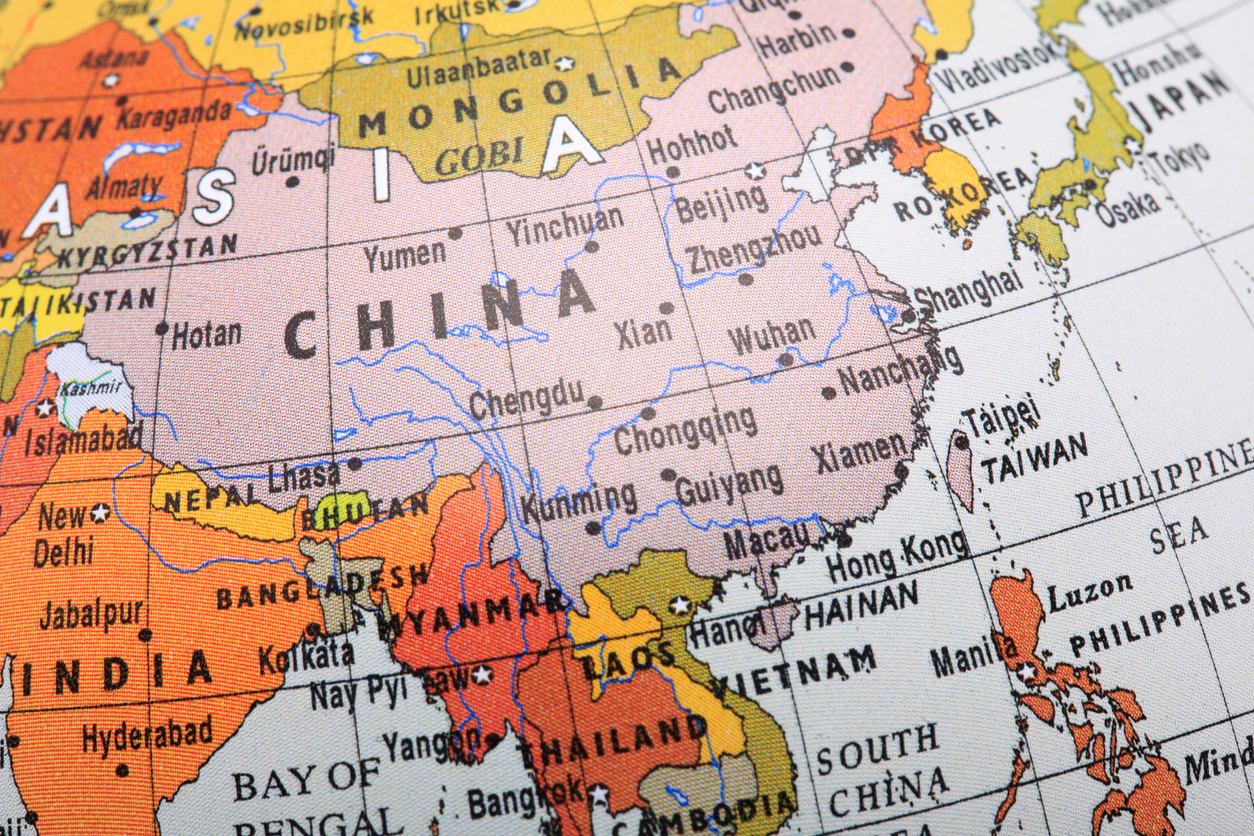The recent visit of US House of Representatives Speaker Nancy Pelosi to Taiwan, against the will of China, has given rise to great tension in the region. China had warned the US of military action against Taiwan, if Pelosi goes ahead with the visit to the nation.
Tension had been brewing between China and US ever since Pelosi announced her visit to Taiwan and landed on Wednesday amidst Chinese threats. Meanwhile, Asian countries have shown concerns due to follow up actions of China post the Pelosi visit. The nations in the region have been since appealing for peace in the region.
Advertisement
Six danger zones were identified by the Vietnamese civil aviation authority and the airlines flying to and from the nation had been advised to avoid the identified aerial routes. Đinh Việt Thắng, Director of the Civil Aviation Authority of Việt Nam, said, “The agency had received a notice from the Chinese authorities with recommendations to avoid flying near the six marked areas around the island from 11am August 4 to 5.”
Malaysia has also been closely observing the developments as they take place and has urged all the parties that are concerned, to carefully address the situation and handle it in the best possible manner. Malaysia’s Foreign Minister Datuk Seri Saifuddin Abdullah said, “I would just reiterate the fact that we want everyone concerned to look at the situation and address it in the best way. We put a lot of value to both the United States and China when it comes to trade and technology in the region, so we want to be friends with both China and the United States.”
Singapore also pitched for peace between the United States and China. The country’s Foreign Minister Vivian Balakrishnan shared his views on his Facebook page, stating, “Stable US-China relations are vital for regional peace and prosperity. Singapore hopes that the US and China can work out a modus vivendi, exercise self-restraint and refrain from actions that will further escalate tensions”.
Similarly, Thailand also urged the involved parties to resolve the issues pertaining to Taiwan strait through peaceful means. Thailand’s Foreign Ministry spokesman, Tanee Sangrat, in his official statement said, “Thailand stands by the ‘One China’ policy. We do not wish to see any actions that would aggravate tensions and undermine peace and stability in the region. We hope that all parties concerned exercise utmost restraint, abide by international law and principles of respect for sovereignty and territorial integrity, and resolve their differences through peaceful means.”
Vietnam urged the parties for peaceful resolution to the situation. Spokesperson for the Ministry of country’s Foreign Affairs Lê Thị Thu Hằng, said, “Việt Nam persists in implementing the ‘One China’ principle and hopes relevant parties exercise restraint, refrain from escalating the situation in the Taiwan Strait, and actively contribute to the maintenance of peace and stability, promoting cooperation and development of the region and the world.”
Meanwhile, the Spokesperson of the Ministry of Foreign Affairs of Laos issued a formal statement saying, “ “Laos, as always, is of the view that peace and stability in all regions in the world, including the Asia-Pacific region, is a decisive prerequisite and fundamental foundation for cooperation and development of countries in the region and the world. Laos reaffirms its consistent policy of supporting ‘One China Policy’ and that Taiwan is an inalienable part of China, and opposes any intention aiming at creating a situation for ‘two China’ or ‘one China, one Taiwan’. Laos reiterates its support for the policy of the Government of the People’s Republic of China on the national unification by peaceful means.”
China, meanwhile, has imposed a ban on import of some goods from across the strait and regulated export of some commodities and items from the mainland to Taiwan.









